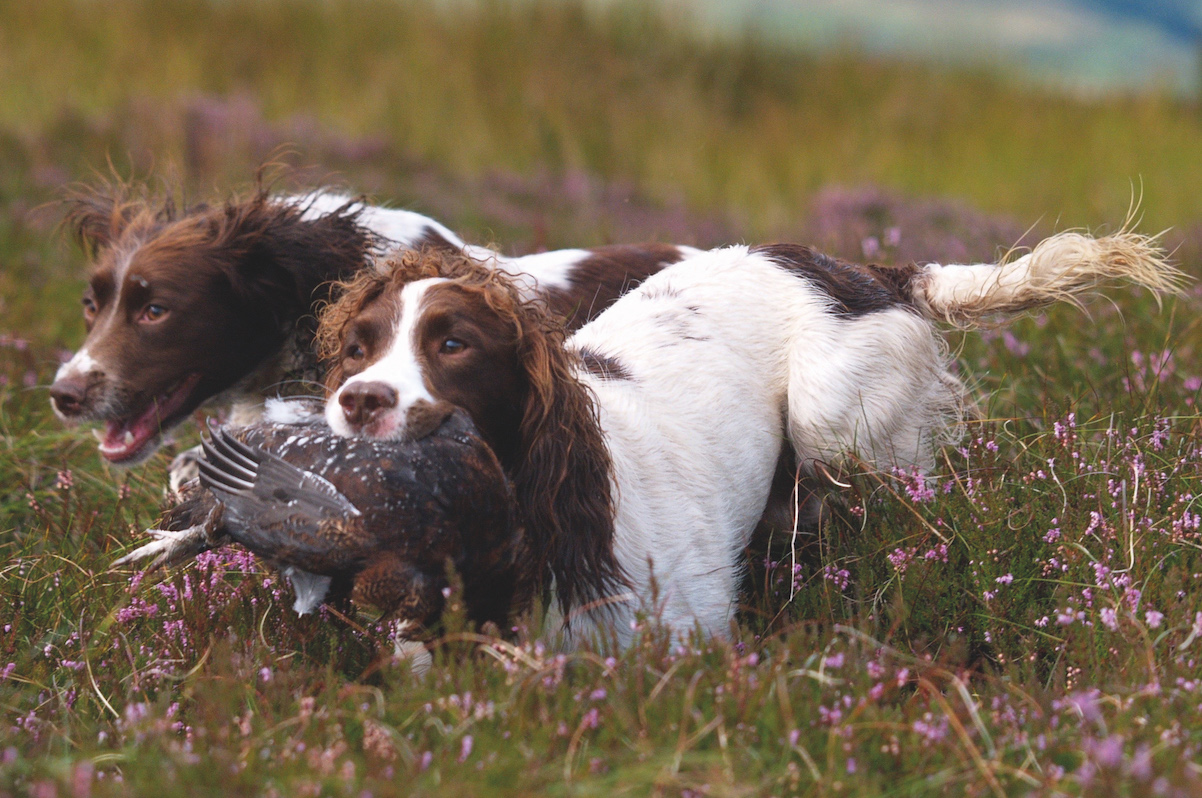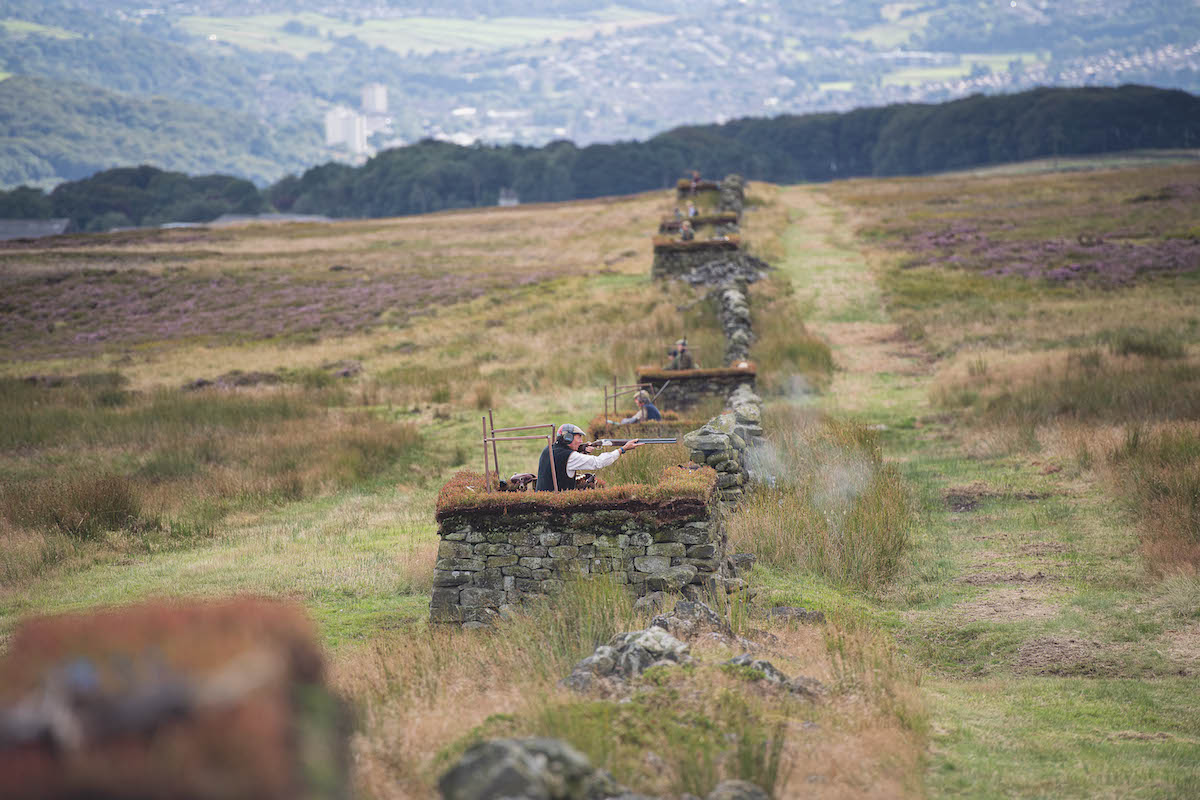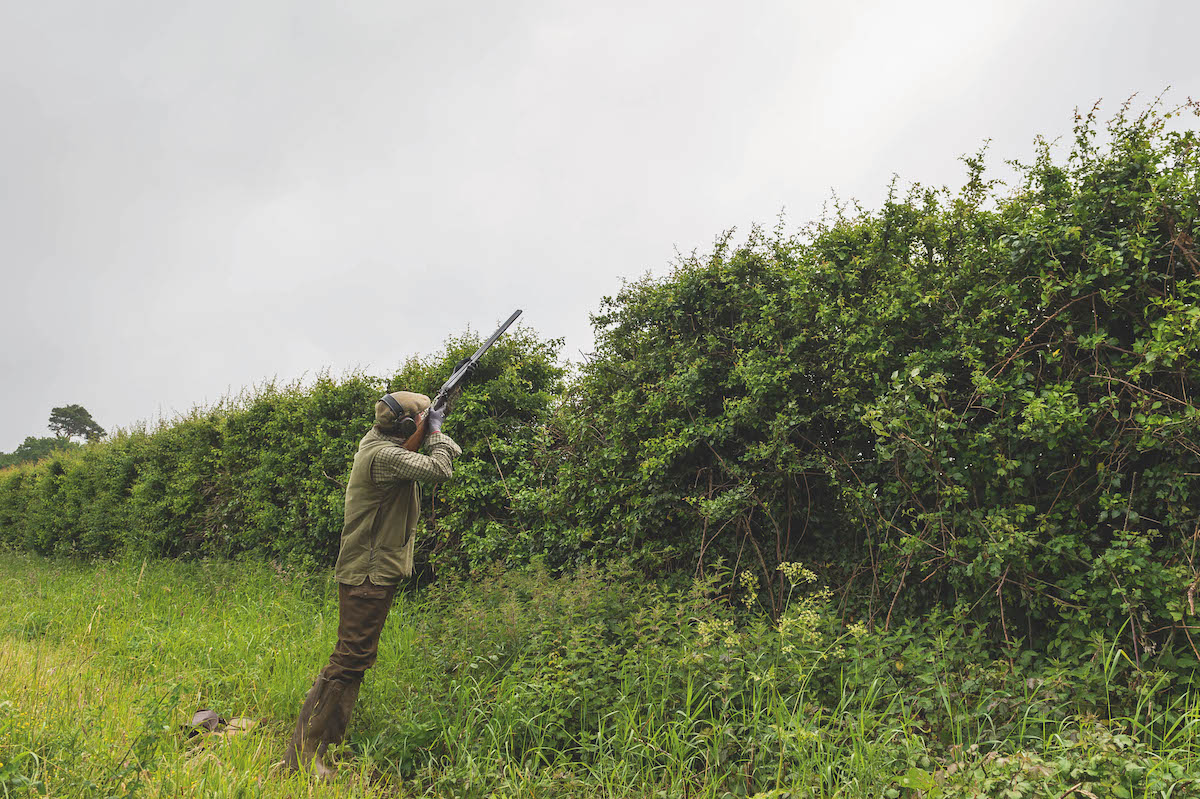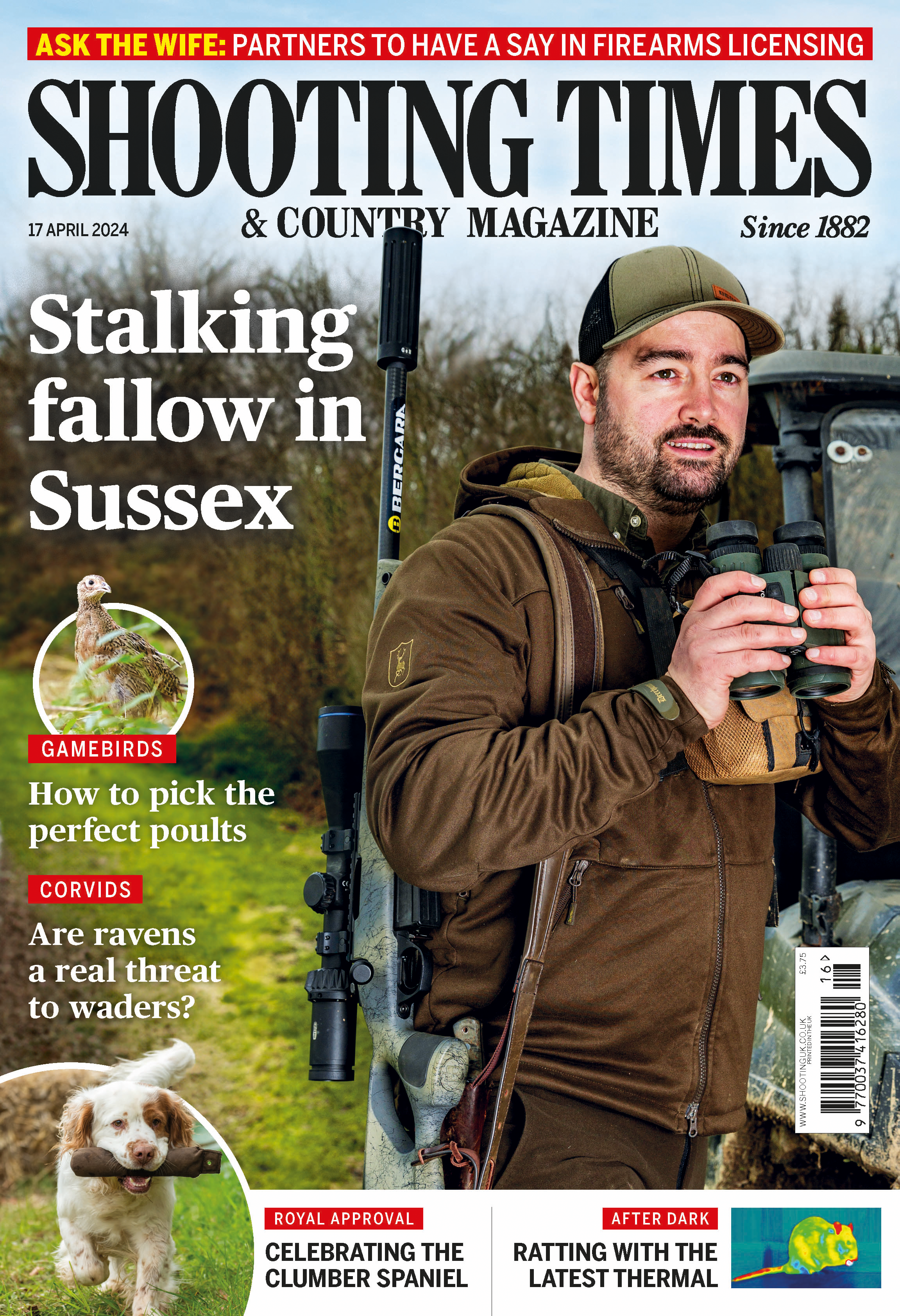Our sport has a reputation to uphold
In an age of video sharing and social media, raptor persecution — and digital evidence of it — pose a threat to our sport, writes Ian Grindy
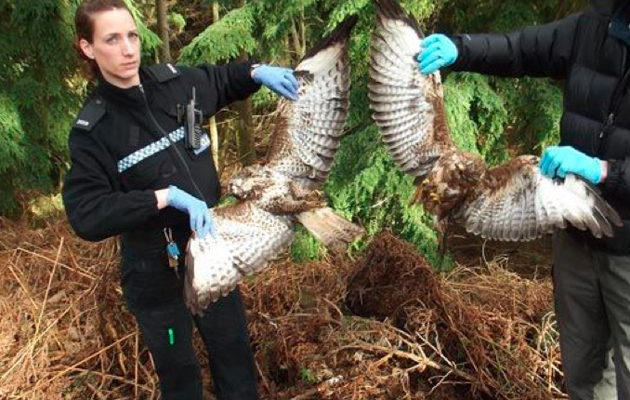
Two buzzards found after being beaten to death in 2013
The line in the email subject box said: “Watch this, NOW!” The sender was a shooting colleague and he’d sent me a link to a YouTube clip. Curiosity got the better of me so I opened the link. I wish I hadn’t! No, it wasn’t a computer virus — it was worse than that.
The clip contained footage of a gamekeeper killing buzzards in what looked like a crow trap. How many people had seen this clip before me? There were many “hits” on the site if that’s anything to go by. There were also links from this clip to other footage showing bird-of-prey persecution and bad practice, allegedly by gamekeepers.
This is the age of communication. The way in which we share media is going to get even more sophisticated, and it’s here to stay. Mobile phones can record what is said and what is done in a matter of seconds and often you won’t even know it’s happening. Of course, if you don’t want to get caught out, don’t persecute birds of prey or indulge in any other form of bad practice; but if you insist on doing so, then don’t be surprised if you or your estate ends up becoming a film star overnight.
The National Gamekeepers’ Organisation, BASC, the Game & Wildlife Conservation Trust and others put in huge amounts of time and research trying to promote the positive aspects of shooting — they do a good job of it. They quite rightly condemn bird-of-prey persecution and expel those members found guilty of being involved in it. But how can they be expected to win this particular battle, if for every step forward they take, somebody gets filmed behaving like that, and they end up taking two steps backward?
In the final analysis, the buzzard population will recover from what happened in the YouTube clip — but the same can’t be said for the reputation of shooting. The images we see on the Internet will be there for a long time to come, watched by countless thousands, over and over. It’s one thing telling people that these are the actions of an irresponsible minority but what if — heaven forbid — newer and fresher evidence of this type of persecution finds its way into the public domain? In this digital world where there are more conduits for communication than you can shake a stick at, it’s all too easy to highlight any misdemeanour.
According to the RSPB, there were 164 people convicted of offences related to bird-of-prey persecution between 1990 and 2013, of which 122 were related directly to the game industry in one way or another. Some might say that, set against the UK’s overall crime statistics, this doesn’t amount to much, but I don’t think the public would buy this.
Some of these convictions will have been obtained from disgruntled ex-employees, or somebody with an axe to grind against a particular estate or headkeeper. Others are caught in the spotlight of the camera, often using legal methods of pest control for illegal purposes, which usually results in more and more restrictions for the rest of us.
As a keeper I have found myself in the middle of this emotive and controversial subject so often that I am only too well aware of the influence extreme views have on both sides of the argument — and they don’t take any prisoners. Any attempt to take a balanced approach usually ends in failure and it doesn’t seem to make good copy for newspapers or magazines. People prefer “fighting” talk.
There are exceptions, of course, and it was good to read Lindsay Waddell (Upland Keeper, 30 April) expressing a hope that Martin Harper from the RSPB is someone “we” — by which he means the NGO and other sporting organisations — can do business with. I have been a gamekeeper for 30 years and the manager of a large upland estate for another 16 years. I have worked closely with Natural England and the RSPB and have made many friends in the process. I am not naïve, of course, and I don’t profess to know the higher politics of these organisations. What I do know is that the average RSPB and Natural England foot soldier is often a committed and intelligent individual.
Fighting talk may be all well and good, but it doesn’t seem to achieve much in the end. A better skill might be to listen more and say less, and start the dialogue again as Lindsay suggests. When people take entrenched positions, the status quo will not last forever. Given enough time and the right conditions then one side or the other will eventually come out on top.
And talking of time, how much time do we have? If people’s perception of game-shooting and the game industry is so closely linked to bird of prey persecution that some people feel inclined to abuse gamekeepers verbally, then one might suggest that time may be running out faster than we think.
I don’t know where all of this will end. There are those calling for licensing of gamekeepers and grouse moors, for vicarious liability in England and other extreme measures. But don’t take any comfort in the current political climate. Politics and the weather change frequently. It is the more subtle approach that I worry about, where those in positions of influence seek out situations in which they can inflict death by a thousand cuts.
This is what happens when you are faced with the symptoms of a much bigger, almost incurable disease. As a warning of what might be to come, let me take you back to the introduction of the 2000 Countryside and Rights of Way Act (CROW), usually referred to as the “Right to Roam”. This act allows the public access to those areas of mountain, moor (which typically means grouse moor) and heath, from which they were previously excluded.
Some were confident that it would never reach the statute books because they had the political clout to stop it. They didn’t. All it took was a swing of the political pendulum and the weight of public support to make it happen. Had they done something earlier to appease public concern, who knows what would have happened?
There comes a “tipping point” on every issue; a time when you may still have some influence over events, and a time when you’ve left it too late. Was the head-in-the-sand attitude over the CROW Act a classic example of doing too little too late?
I hope there is dialogue ongoing in the background between the shooting organisations, the RSPB and Natural England, but I don’t think we are anywhere near sorting this issue out yet. I would like to see both sides set up a permanent group to deal with the problem. Go back to the drawing board and do a “7+7” if necessary: agree seven things that both sides do well (to create a positive attitude) and then seven that they don’t (which would of course include bird-of-prey persecution); then start working to increase the positive numbers and lower the negative. A naïve idea, I know, but naïve or not, something needs to be done. Or as surely as night follows day, we will reach the tipping point.

